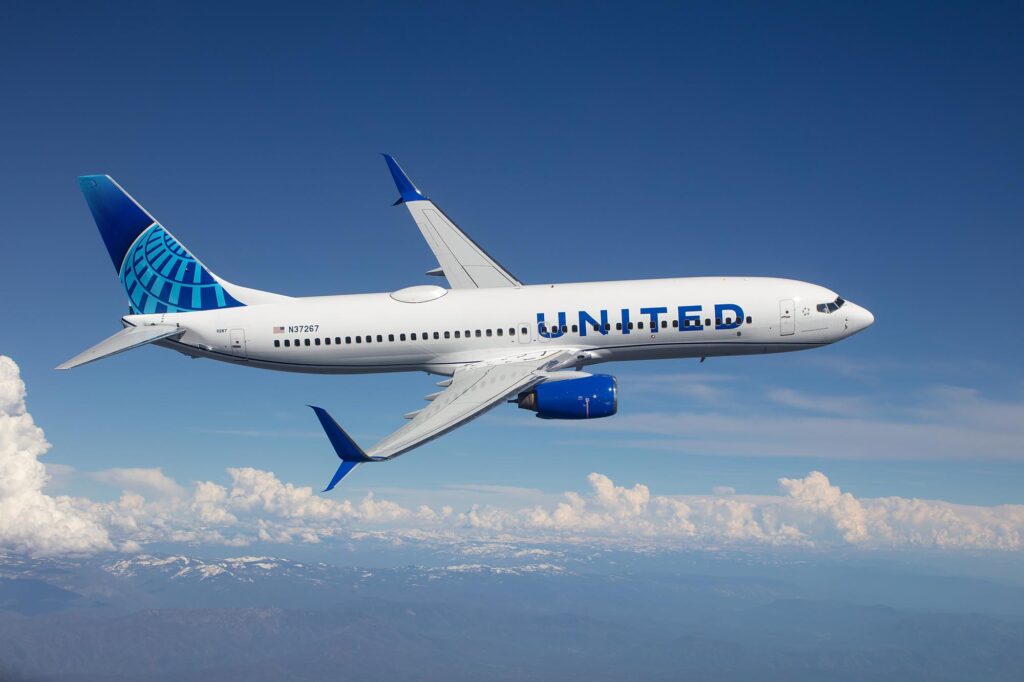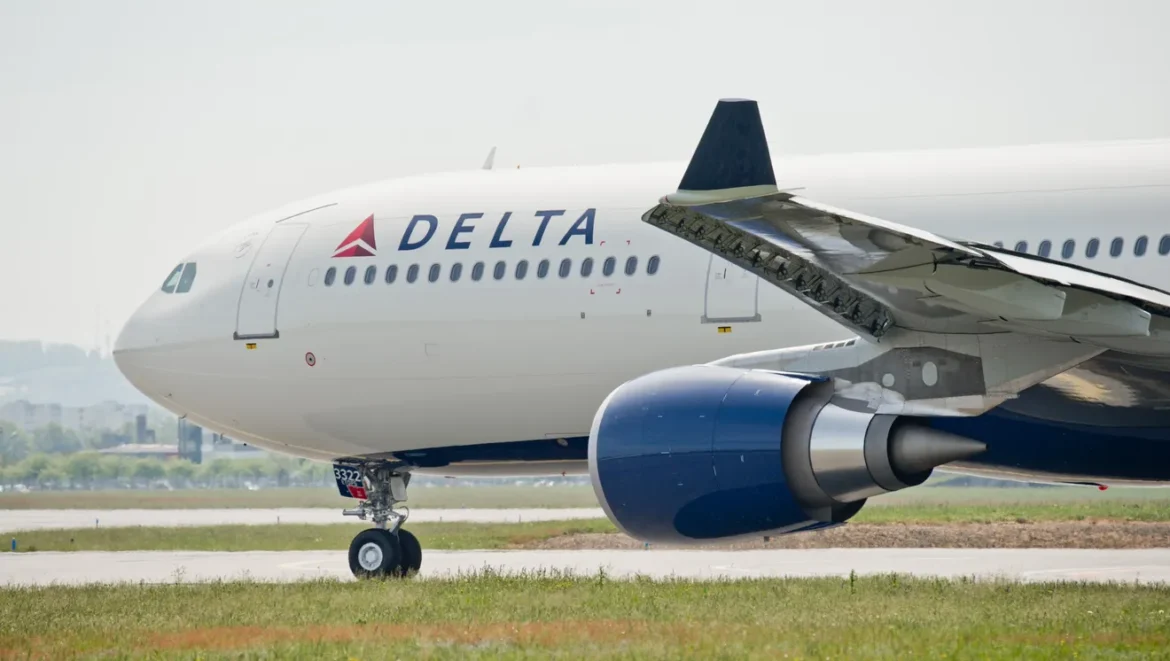Advertiser & Editorial Disclosure: The Bulkhead Seat earns an affiliate commission for anyone approved through the links below. This compensation may impact how and where links appear on this site. We work to provide the best publicly available offers to our readers. We frequently update them, but this site does not include all available offers. Opinions, reviews, analyses & recommendations are the author’s alone, and have not been reviewed, endorsed, or approved by any of these entities.
The Department of Transportation (DOT) launched an inquiry today into the four largest US airlines’ loyalty programs to determine if point devaluations and other accounting techniques are fair to passengers. This investigation seeks to protect customers from potentially unfair, deceptive, or anticompetitive practices.
US Secretary of Transportation, Pete Buttigieg, sent letters to the CEOs of American Airlines, Delta Air Lines, Southwest Airlines, and United Airlines demanding that they provide records with detailed information about their rewards programs, practices, and policies.
US Transportation Secretary, Pete Buttigieg, said:
Points systems like frequent flyer miles and credit card rewards have become such a meaningful part of our economy that many Americans view their rewards points balances as part of their savings. These programs bring real value to consumers, with families often counting on airline rewards to fund a vacation or to pay for a trip to visit loved ones. But unlike a traditional savings account, these rewards are controlled by a company that can unilaterally change their value. Our goal is to ensure consumers are getting the value that was promised to them, which means validating that these programs are transparent and fair.”

Airline miles or points are usually earned by flying on a given airline or its partners, by making purchases with the airline’s co-branded credit card, or conducting business with other partners of an airline. These miles or points can be redeemed for flights, upgrades, ancillary services, or other third-party products (including merchandise). Passengers also earn status with an airline by reaching certain thresholds from accruing rewards points, taking qualifying flights, and/or hitting spending targets. Bonus miles, cabin upgrades, free checked baggage, and lounge access are some of the perks offered.
The value of miles and points is set by the terms and conditions written by the airlines. The terms lay out the rules and requirements for earning and redemption, how status is achieved, associated benefits, and more. The airlines reserve the right to change the terms (and therefore the value of the rewards at their discretion). Over the years we have seen the prices of awards inflate while many airlines provided fewer miles for actually flying.
The DOT will investigate four components of the airlines’ frequent flyer programs. These include:
- Devaluation of earned rewards
- Hidden and dynamic pricing
- Extra fees
- Reduction in competition and choice
William J. McGee, Senior Fellow for Aviation and Travel at the American Economic Liberties Project, told USA Today:
Economic Liberties strongly supports the DOT and Secretary Buttigieg’s order, so that issues of consumer protection, competition, and transparency within the airlines’ frequent flyer programs can finally be addressed. The transparency of the ground rules has evaporated behind an opaque screen, so the value of miles and points is harder than ever to discern. It’s imperative the Big Four carriers fully comply with this order, so that fairness can at last be addressed in loyalty programs.”
The DOT is providing the airlines with 90 days (by December 4th) to comply with its orders and turn over all of the requested documents. The agency has not announced any potential fines or penalties and it will be interesting to see what it concludes following its inquiry. It’s no secret that United has eliminated award charts or that Delta charges astronomical rates for redemptions.
Anthony’s Take: Frequent flyer programs can and do change at the whim of an airline. I remember when awards cost a fraction of what they do today and when programs actually rewarded passengers for flying. Let’s see if this DOT inquiry does anything to help consumers or is more a bureaucratic push to regulate the airlines, as some claim.
(Image Credits: Delta Air Lines and United Airlines.)
User Generated Content Disclosure: The Bulkhead Seat encourages constructive discussions, comments, and questions. Responses are not provided by or commissioned by any bank advertisers. These responses have not been reviewed, approved, or endorsed by the bank advertiser. It is not the responsibility of the bank advertiser to respond to comments.
Advertiser & Editorial Disclosure: The Bulkhead Seat earns an affiliate commission for anyone approved through the links above This compensation may impact how and where links appear on this site. We work to provide the best publicly available offers to our readers. We frequently update them, but this site does not include all available offers. Opinions, reviews, analyses & recommendations are the author’s alone, and have not been reviewed, endorsed, or approved by any of these entities.
